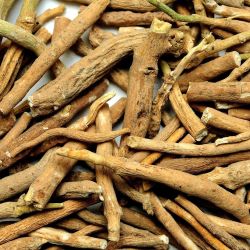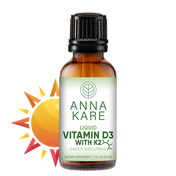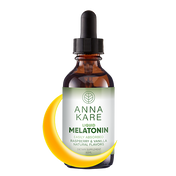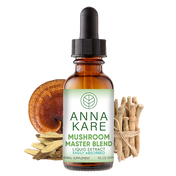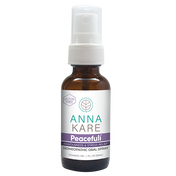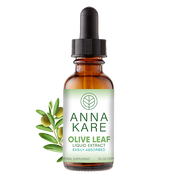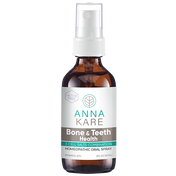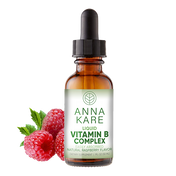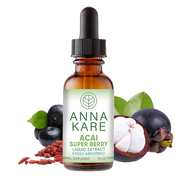During certain times of the year, your allergies may flare up from exposure to various tiny particles like pollen, dust, mold, or fragrances. Find easy allergy relief methods below you can use to balance your immune system’s overreactions and strengthen your health.
1. Maintain a Space That Has Great Air Quality
Poor air quality is a common contributor to allergy symptoms. Especially during the warmer months, the air can be thick with pollen and other irritants. Improving the quality of air in your home, can make it easier to manage and reduce your allergies.
Keep areas of your home dust-free and vacuum regularly to ensure allergy particles don't build up. Use a vacuum with a HEPA filter and consider running an air purifier to circulate and filter the air in the rooms you spend the most time in. This can be especially helpful if you are congested and have trouble breathing.
2. Decrease Stress
Stress is responsible for numerous imbalances within the body, including an overactive immune response. When a foreign intruder or allergen enters your body, it releases histamines in response, triggering an allergic reaction. Decreasing your stress will help promote immune harmony.
3. Utilize Natural Allergy Sprays
Natural homeopathic allergy sprays can help manage your allergies by reducing your body's hypersensitivities. Holistic health experts have identified powerful plant-based ingredients that support your body’s natural response to everyday triggers like dust, pet hair, and mold.
Oral prays are usually preferred because they are easy to use. Plus, oral delivery of key ingredients is more effective than if sprayed into the nasal passages.
In many cases, natural allergy sprays can be just as effective as conventional medicines—and at a fraction of the cost. Further, more people these days choose to go natural for fewer side effects, such as drowsiness and nausea.
Homeopathic remedies are known for their high safety record for children and adults and can be combined with conventional medicines. Try Allergy Escape Oral Spray for gentle yet effective relief of allergy symptoms such as respiratory congestion, headaches, itchy eyes, or swollen skin.
4. Eat Clean and Drink Water
Clean eating will help your body fight against allergies. When you eat nutritious foods and avoid junky snacks, your body will feel stronger and operate more effectively.
Drinking the right amount of quality water (on the average 8 cups per day) is also very important to your body’s health. Research has demonstrated that body dehydration can cause an increased production of histamines.1
5. Take Daily Supplements
You might be wondering which supplements can help reduce your allergies? Here are three supplements that can make managing allergies easier.
- Elderberry Liquid Extract – Extracts from the elderberry fruit are best known for their ability to help strengthen the immune system and calm inflammation. This assists in the relief of allergy symptoms.2
- Liquid Vitamin C – Helps boost your immune function. Dietary sources of vitamin C can be found in many fruits and vegetables, such as citrus fruit, bell peppers, mangos, and tomatoes. But many people are encouraged by their doctor to take a supplement because they are not getting enough. This vitamin is a natural antihistamine and can help reduce allergic reactions.
- Liquid Vitamin D3 with K2 – Very few foods contain vitamin D, and while your body has the amazing ability to make it with exposure to the sun, we rarely spend the necessary amount of time outdoors to produce nearly enough. This vitamin is an important part of immune function, as well as necessary for maintaining healthy bones, muscles, and nervous system tissue. Liquid vitamin D3 with K2 absorbs quickly and effectively.3
In summary, there are many effective and natural ways you can use to help reduce your allergies. Keeping indoor air clean, eating fresh food, and staying hydrated are all important. Controlling your stress levels can also play a big role. Plus, natural allergy sprays and supplements offer excellent holistic support during allergy season.
References:
- Kjaer, A., Larsen, P., Knigge, U., & Warberg, J. (1995). Dehydration stimulates hypothalamic gene expression of histamine synthesis enzyme: importance for neuroendocrine regulation of vasopressin and oxytocin secretion. Endocrinology, 126 (5), 2189 - 2197
- Ulbricht, C. (2010). Natural Standard Herb & Supplement Guide. An Evidence-Based Reference. Moby Elsevier
- Pessell, L. (2017). The Vitamins & Minerals Bible. Miracle Foods to Boost Your Health. Bounty Books
Please note: This article is based on traditional homeopathic and natural wellness practice. It has not been approved by the FDA. Some supplements may not be right for you. Ask your doctor if you have any questions before taking a supplement or giving a supplement to your child.






